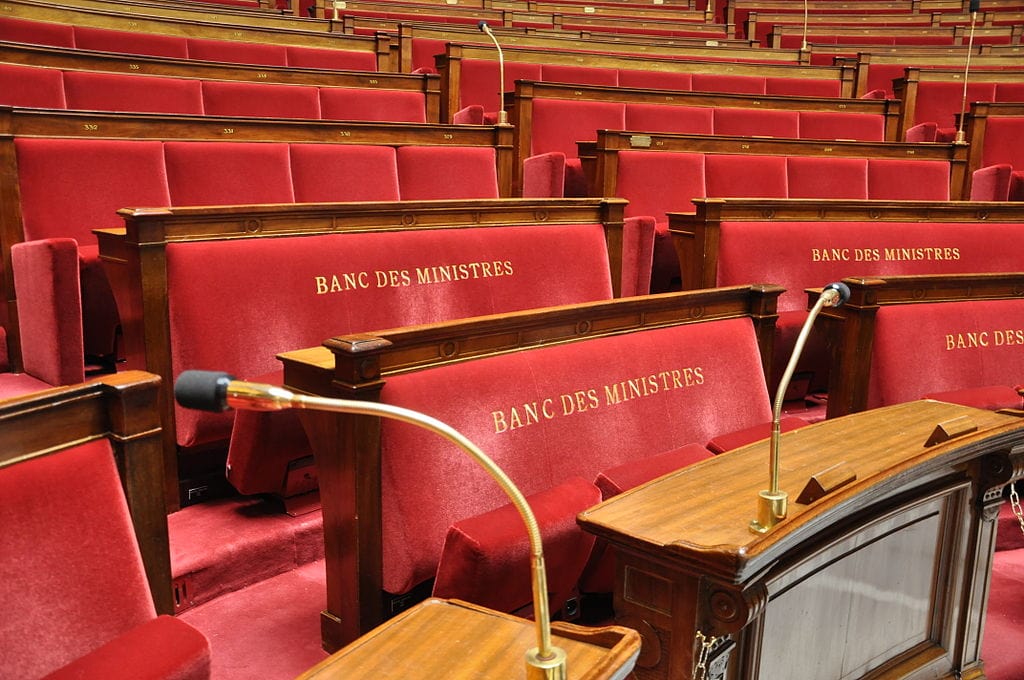
The bill to extend the legal time limit for abortion has undergone a veritable parliamentary marathon in France, since the first bill to extend the time limit for abortion from 12 to 14 weeks of pregnancy was tabled in 2020. Since then, it has been rejected several times, both in the National Assembly and in the Senate.
The last attempt drew the long awaited result, and the rapporteur of this law, the deputy Albane Gaillot, announced that the law had been adopted on 10 February 2022, with general indifference.
✅ Victoire pour les droits des #femmes ! Ma #PPLIVG est adoptée à l’Assemblée en 3e lecture !
— Albane Gaillot (@AlbaneGaillot) February 10, 2022
Merci à tous ceux et toutes celles qui se sont mobilisé.e.s, cette victoire c’est la nôtre ! ✊💚
👉 Plus qu’un dernier passage au Sénat le 16 février et vote définitif le 23/02 ! pic.twitter.com/iuajDIhx1t
Only 59 out of 577 MPs were present in the hemicycle of the National Assembly for what is nevertheless a crucial issue, since it is a question of deciding the life or death of hundreds of unborn children.
Une assemblée TOTALEMENT VIDE pour voter cette dégradation profonde de l'équilibre de la société qu'est l'avortement à 14 semaines.
— Marche Pour La Vie (@MarchePourLaVie) February 10, 2022
SCANDALEUX ! #PPLIVG pic.twitter.com/OdktHqI1B5
The text was adopted with 41 votes in favour, 16 against, and 2 abstentions, despite the speeches of a handful of courageous, isolated parliamentarians. The right-wing government party Les Républicains, which has a group of around 100 MPs, was particularly conspicuous by its absence—their mobilization could have swung the vote. The MPs present, mainly from the ranks of La République En Marche, voted for the extension, even though the national committee of gynecologists and Senators were against this measure, and had made their frank opposition known on several occasions.
The latest polls have revealed growing scepticism among the French about abortion and its alarming figures: 230,000 abortions per annum, a number that has been rising steadily for several years. In a survey conducted at the end of 2020, 92% of French people considered abortion to be a grave act that could have serious consequences.
In 2014, a poll showed that 75% of French people were in favour of unrestricted abortion. In 2020, on the contrary, 73% of French people think that “society should do more to help women avoid recourse to voluntary termination of pregnancy (abortion).”
Just before the vote, Archbishop of Rennes Pierre d’Ornellas, chairman of the workgroup on bioethics within the French Bishops Conference had published an article in Le Figaro to express his strong disapproval of the present debates on abortion. He highlighted the state’s failure to provide care for pregnant women in distress: “Faced with an unwanted pregnancy, the reception of life could be better organised by the state: foster families, adoption, associations,” he explained. He pointed out that by focusing on the rights of the mother, the bill forgets that any reflection on abortion has to consider “two human beings: the woman and her unborn child.”The bill was adopted in extremis, a few days before the end of the parliamentary season preceding the presidential elections to be held in early April.
